The Bergen Knowledge Hub aims to:
- Be a catalyst for collaboration, for knowledge exchange, and for exchange of ideas.
- Engage research and scholarship with policymaking in Europe and in the Nordic and Baltic Regions, on behalf of Academia Europaea and in close collaboration with national academies of the region.
- Promote excellent research from and about the Nordic and Baltic Region, its surrounding seas and the Arctic with emphasis on marine and maritime research, sustainability and the Nordic social model, through scholarly workshops and public events.
- Demonstrate the importance of scientific scholarship and maximise engagement with our members, policymakers, private and public entities and the wider public.
- Stimulate scientists to accomplish stringent and unequivocal communication with decision makers, media, and the public.
The Academia Europaea is the pan-European Academy of Humanities, Letters, Law, and Sciences. The Academia was founded in 1988 as the functioning Europe-wide Academy that encompasses all fields of scholarly inquiry.

Artificial intelligence has the potential to revolutionise scientific discovery, accelerate research progress, boost innovation, and improve researchers’ productivity. The EU must take hold of the opportunities this brings, and in a timely way. This is among the conclusions in a new evidence review report from the Science Advice Mechanism to the European Commission.
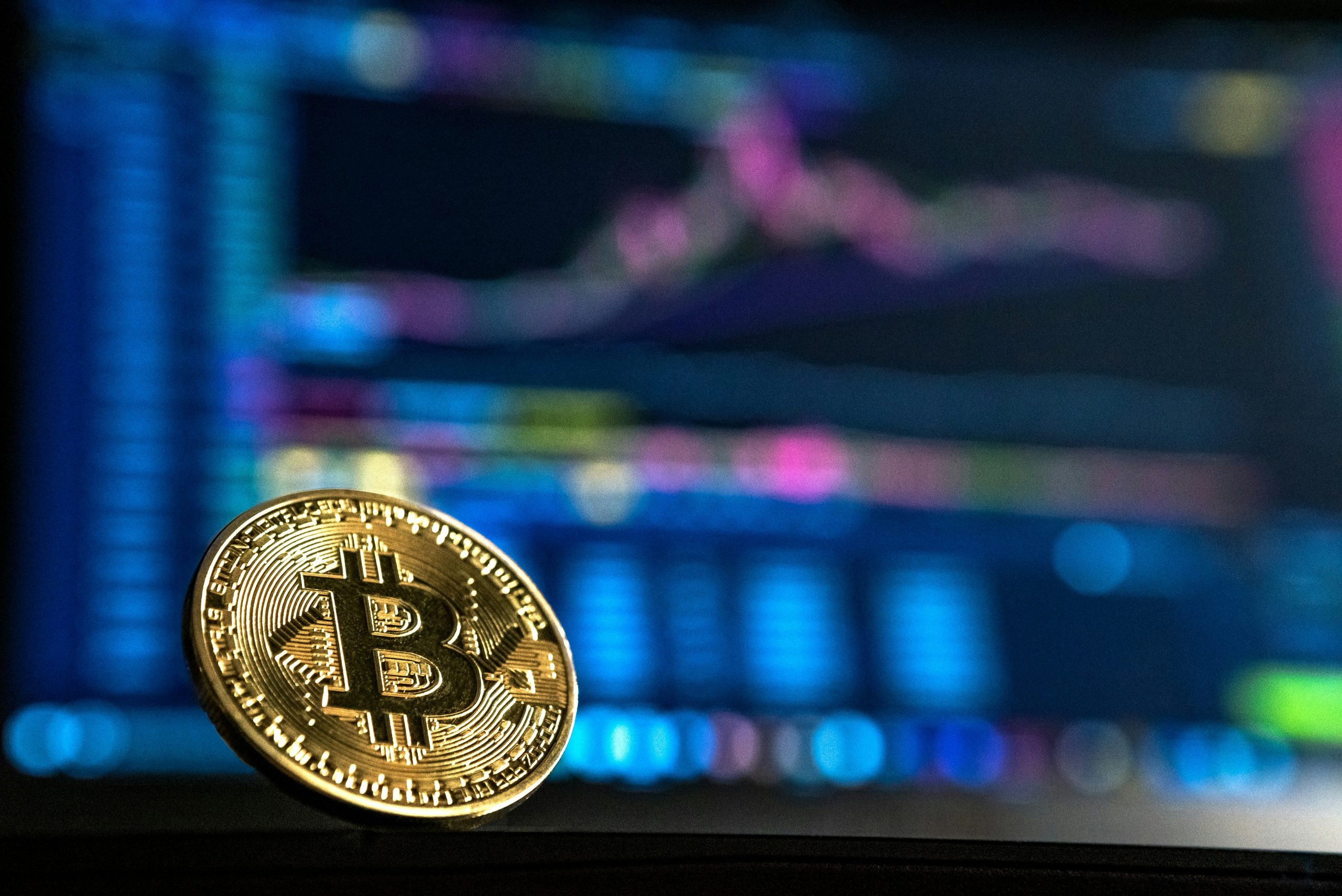
Pengesystemene er kritisk infrastruktur i samfunnet. Selv om vi har verdens mest effektive systemer for pengeoverføring, er denne infrastrukturen også beheftet med sårbarhet. Det blir fort synlig når Vipps og BankId er ute av drift. NTVA, Tekna Bergen og Academia Europaea Bergen arrangerte nylig foredrag og debatt om alternative pengesystemer med Svein Ølnes og Arne Krokan.
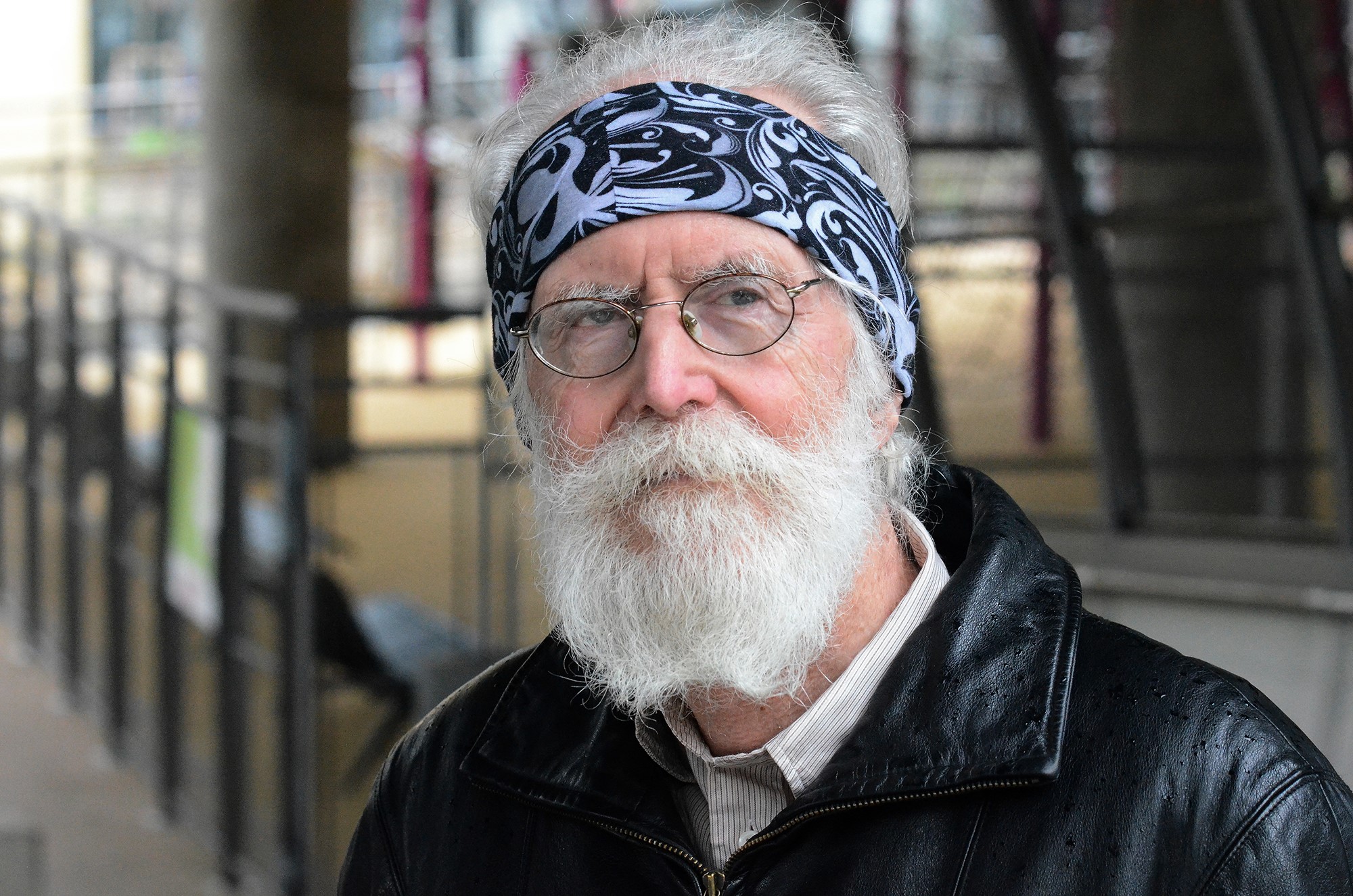
The Norwegian Academy of Science and Letters has decided to award the Abel Prize for 2024 to Michel Talagrand of the French National Center for Scientific Research (CNRS), Paris, France. Michel Talagrand receives the prize for his work in probability theory and stochastic processes. From the outset, the development of probability theory was motivated by problems that arose in the context of gambling or assessing risks. The common theme in Michel Talagrand’s groundbreaking discoveries is working with and understanding the random processes we see all around us.
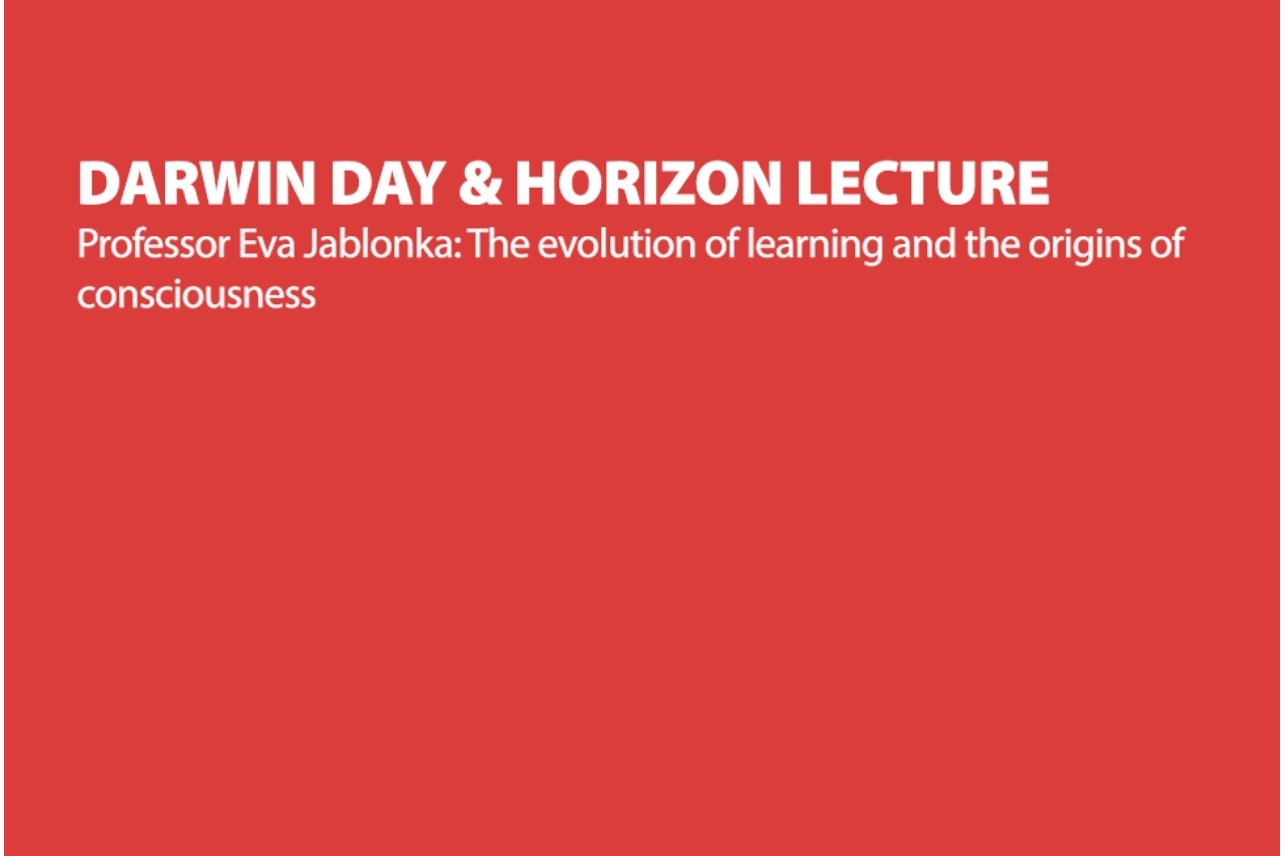
Watch the video recording of “The evolution of learning and the origins of consciousness”, a lecture by professor Eva Jablonka. In this lecture, Eva Jablonka explores the question of the origins of animal mentality, which Darwin avoided, and present an evolutionary approach for studying it, developed together with Simona Ginsburg. Jablonka will explain the rationale and methodology underlying their approach and present their proposal that the emergence of primary consciousness was driven by the evolution of a domain-general, representational form of associative learning, which they called unlimited associative learning (UAL).
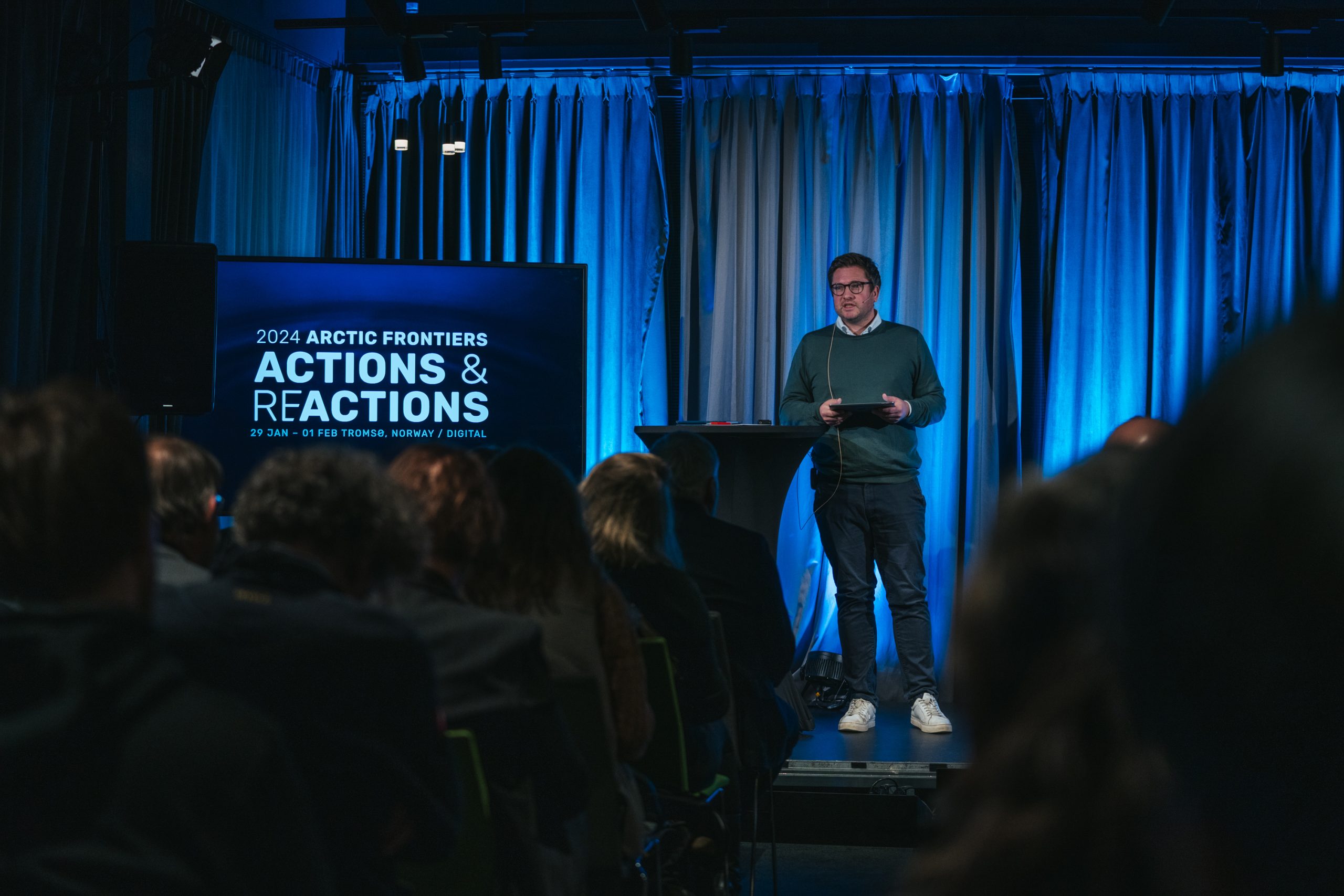
A recording of the Arctic Frontiers 2024 panel discussion “A new Arctic energy mix – at what costs? The Finnmark example”, organized by AE-Bergen Hub, is now available on youtube. The range of insights from keynotes, speakers, and panelists, as well as the audience response, proved that we had found a hot topic for this year’s side event. Our experts explored how the energy sources in use in Norway today will have to be supplemented by new energy sources in the future. While the emphasis of our experts varied, they all agreed on one thing; that in the future a mix of energy sources will be necessary, while also addressing the 1.5 or 2-degree targets set by the Paris Agreement.
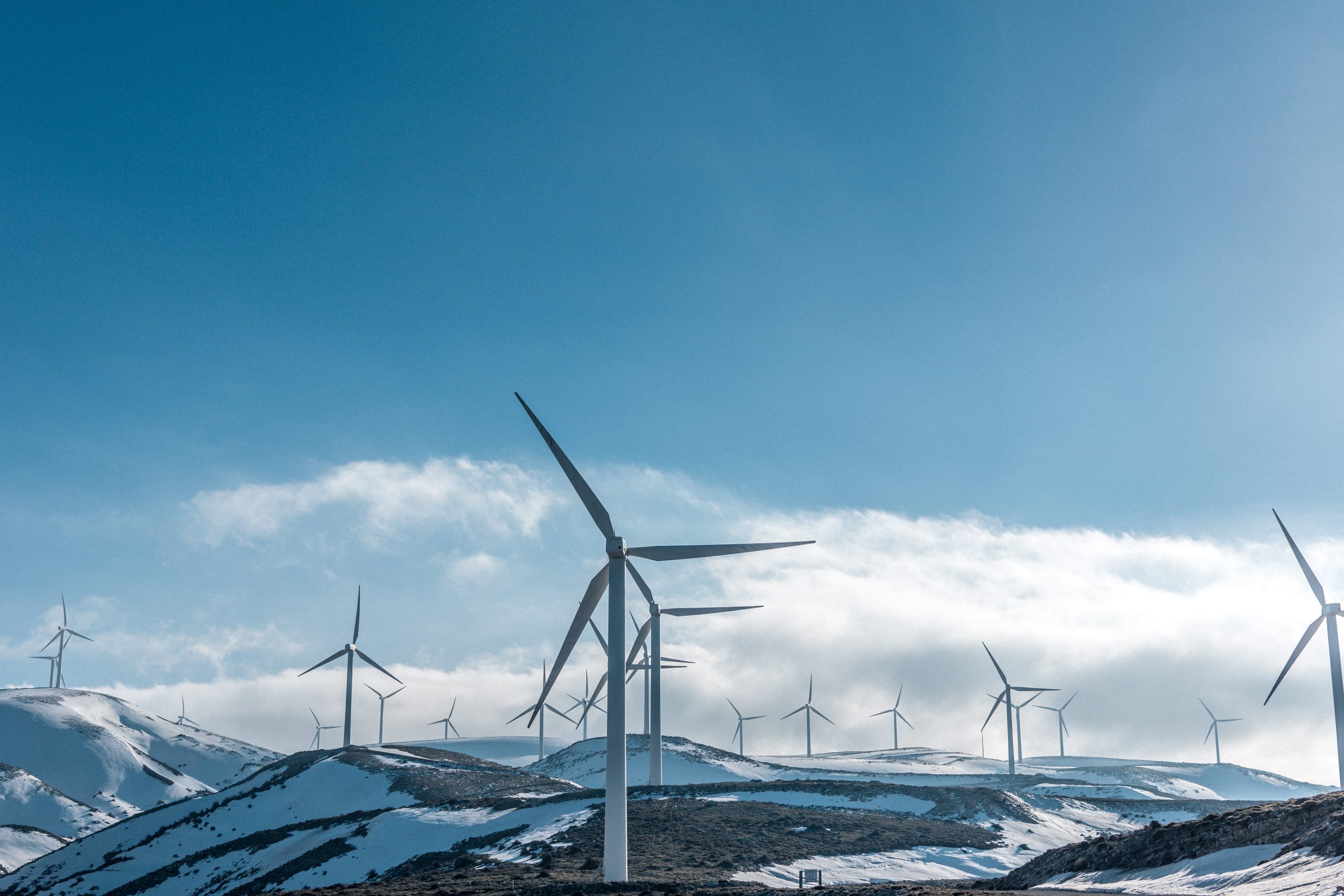
Once again, the AE Bergen Hub is organising a panel discussion at the upcoming Arctic Frontiers 2024 conference in Tromsø. The conference which takes place from January 29th – February 1st will include our very own session titled A new Arctic energy mix – at what costs? The Finnmark example. We welcome you to join us for this important discussion which will take place on 1st February.
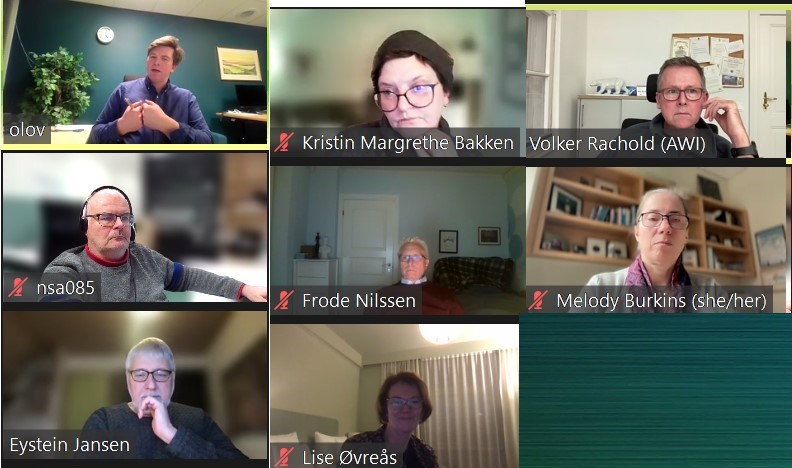
The AE-Bergen report «The Future of Science Diplomacy in the Arctic» will see it’s continuation as the project now called «Rethinking Arctic collaboration» has been awarded a grant of 400 000 NOK from UArctic, for further research on the topic. Several partners will work together with AE-Bergen for the continued project. The initial meeting of the partners took place on November 29th.
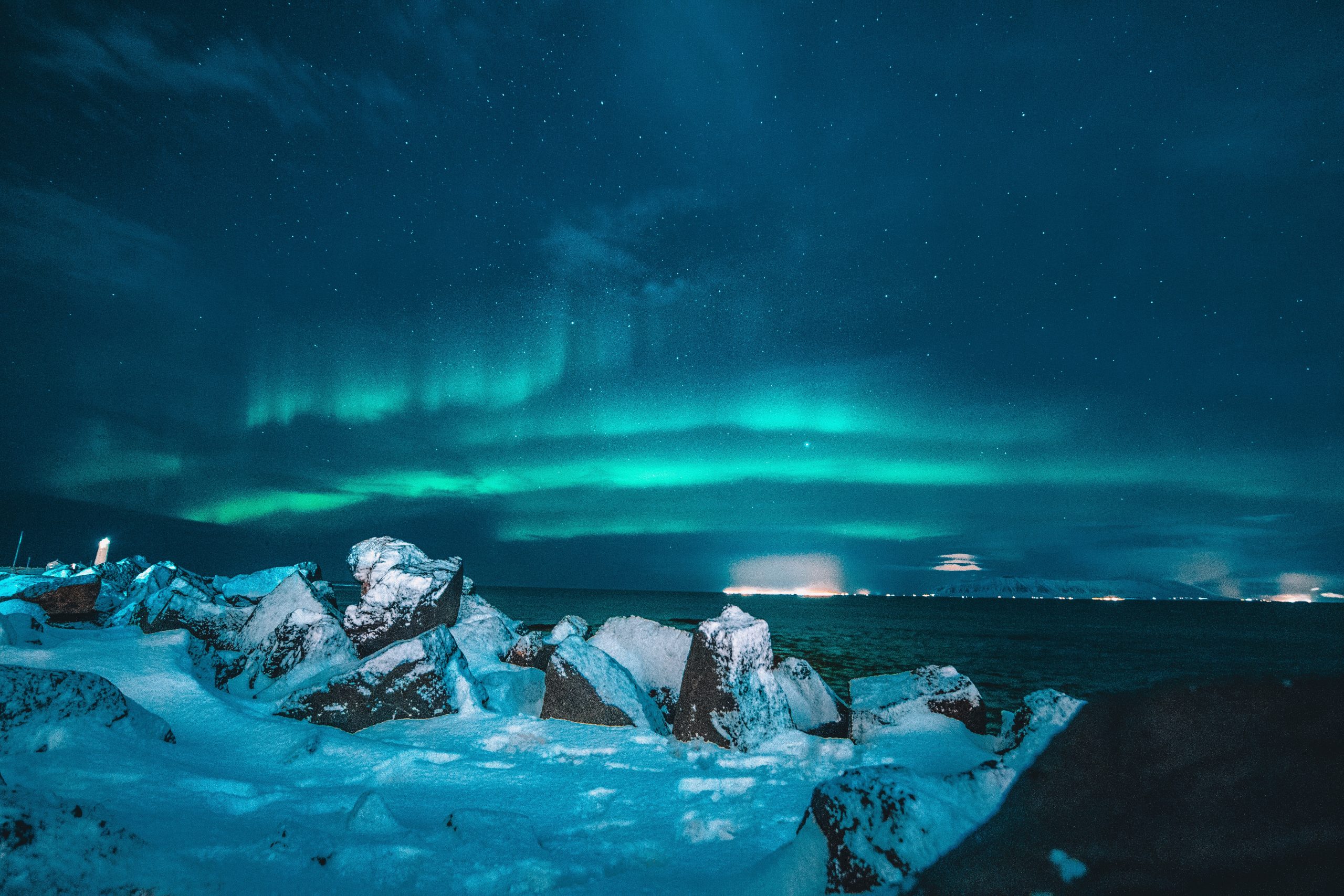
I am writing to you after the first snowfall in Bergen and after an unusually dry and sunny autumn. This coincides with the opening of COP28, that will provide a stocktake of how countries are living up to their pledges to reduce greenhouse gas emissions. Despite the need for urgency, the status unfortunately looks as bleak as an early winter day in the high North, academic director Eystein Jansen writes in his Christmas greeting.
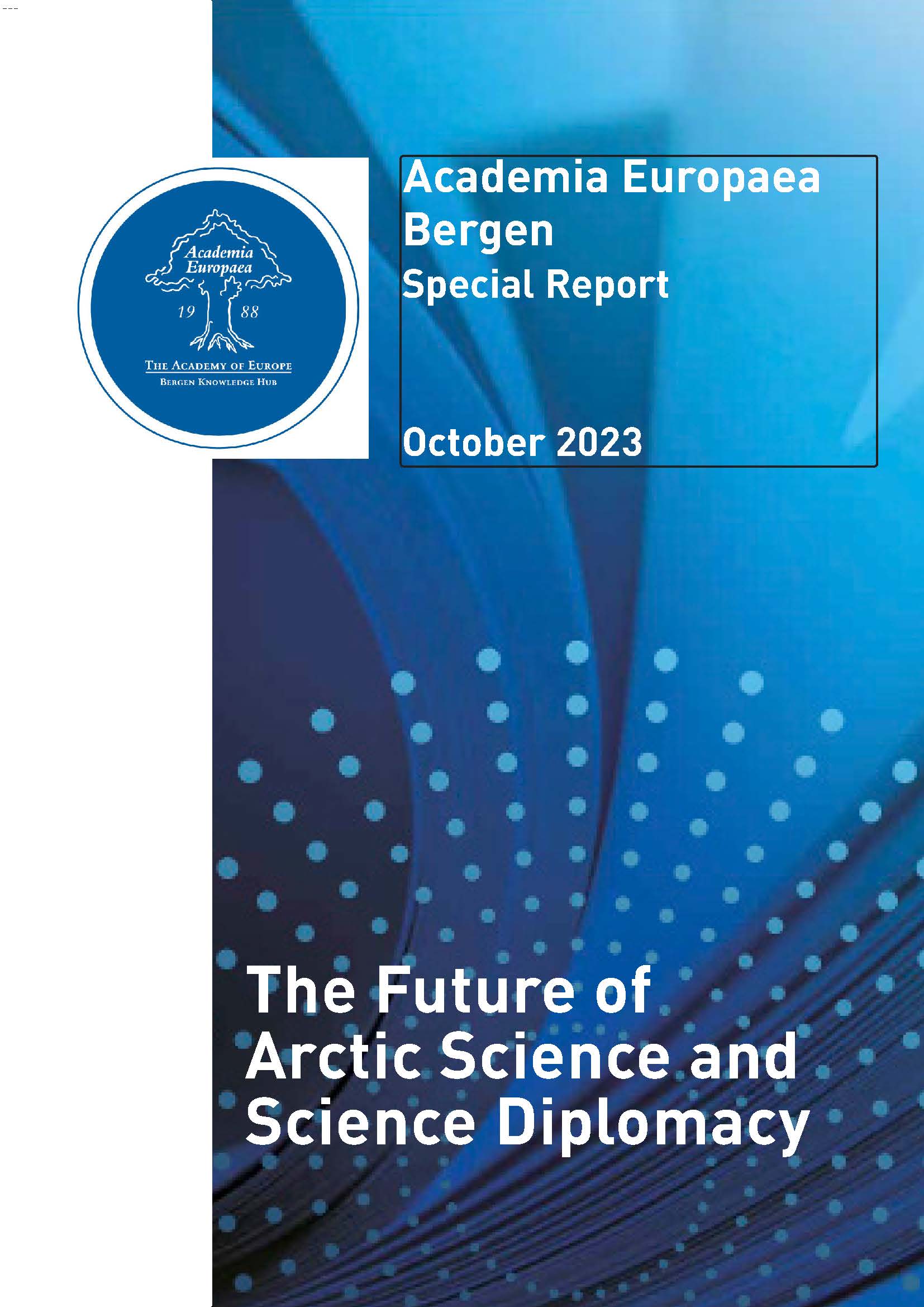
Currently, Arctic climate research does not have access to climate data from 45% of the Arctic area. This is because climate data from the Russian Arctic areas is largely no longer available to the global research community, as a by-product of the Russia sanctions. This is one of the findings in the report “The Future of Arctic Science and Science Diplomacy”, initiated by Academia Europaea Bergen, the Nordic hub for the European science academy Academia Europaea. The absence of complete data for climate development in the Arctic is potentially dramatic, as the Arctic is seen as a “temperature gauge” for global warming. In the Arctic, temperatures are rising three times faster than generally in global warming.
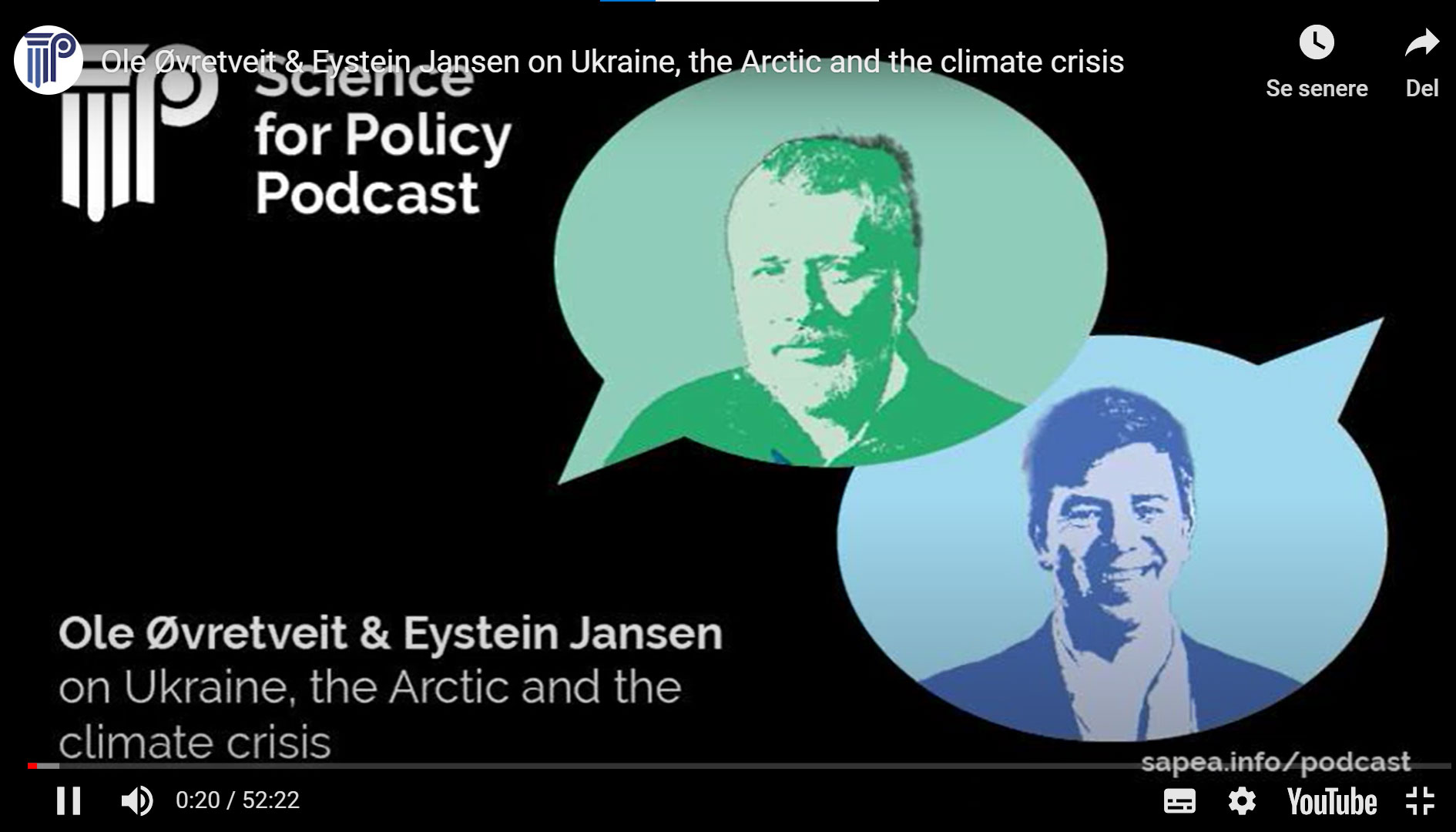
The project commissioned by the Academia Europaea Bergen Hub, “The Future of Science Diplomacy in the Arctic”, is the topic of a recent episode of the SAPEA podcast. “Genuinely one of the most important topics I’ve ever discussed on this podcast”, says Toby Wardman, host of the SAPEA podcast, about his discussion with project manager Ole Øvretveit and AE-Bergen Hub director Eystein Jansen.
